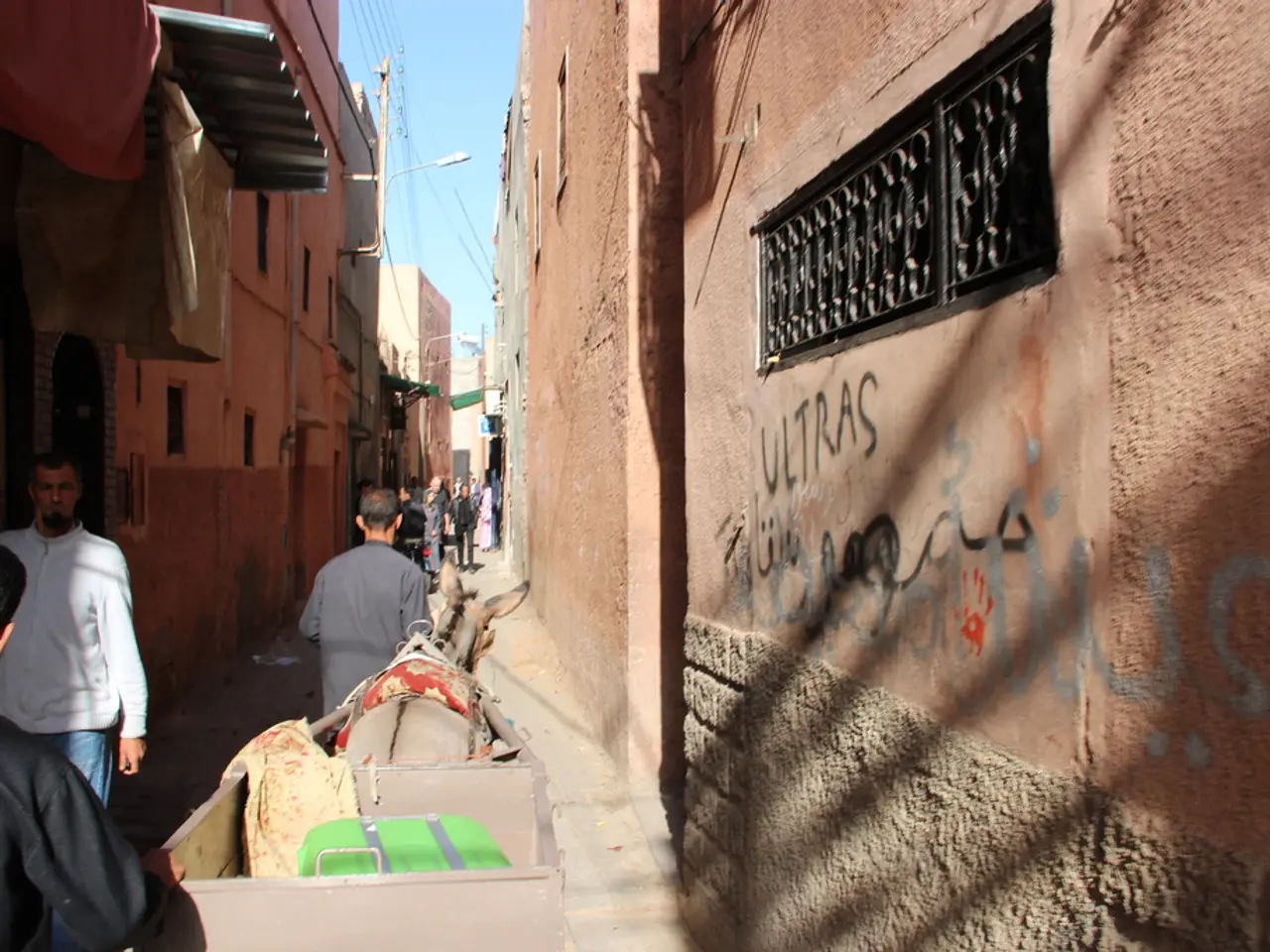Criticism from around the world over Israel's Gaza plans
The planned offensive by Israel to capture Gaza City has sparked a wave of international criticism, with concerns over humanitarian issues, military and ethical concerns, and calls for a ceasefire dominating the global response.
On August 8, 2025, Israel's security cabinet authorized a plan to establish Israeli control over Gaza City, evacuate about a million Palestinians into designated "humanitarian zones," and impose a siege with restricted access points for aid distribution. This approach has raised serious humanitarian concerns globally.
Many countries and international organizations have expressed alarm about the large-scale displacement and siege, fearing severe civilian casualties and worsening humanitarian conditions. Even within Israel, senior military officials have voiced objections, warning that the plan could lead to heavy casualties on both sides and play into Hamas’ strategic interests, potentially prolonging conflict.
Numerous governments and global bodies have called for a ceasefire to prevent further loss of civilian life and to enable humanitarian aid delivery amid escalating conflict. Qatar, an important mediator in the indirect negotiations between Israel and the Islamic Hamas, and the United Arab Emirates have condemned Israel's plans to capture the city of Gaza.
The European Union, with Commission President Ursula von der Leyen and Council President António Costa at the helm, has urged the Israeli government to reconsider its decision to capture Gaza, citing concerns about humanitarian issues and potential violations of international law. Germany, Britain, Italy, New Zealand, and Australia have also rejected Israel's plans, echoing the EU's concerns.
The two-state solution, as proposed in a joint statement, requires the Hamas to be completely disarmed and excluded from any form of government responsibility. However, the offensive in Gaza, if carried out, could exacerbate the humanitarian situation, endanger the lives of hostages, lead to mass civilian displacement, and potentially violate humanitarian international law.
Amidst this international outcry, Israel has rejected the proposed role for the Palestinian Authority in the Gaza Strip. The Palestinian Authority should play a central role in a future government in the Gaza Strip, as per the two-state solution proposed in the joint statement.
In response to the growing international criticism, Israel's Prime Minister, Netanyahu, has faced criticism from within Europe, with Dutch Foreign Minister Caspar Veldkamp stating that "Netanyahu's government is losing Europe." Germany has temporarily halted the export of arms that could be used in the Gaza war.
As the situation in Gaza continues to unfold, the international community is calling for a lasting ceasefire and for humanitarian aid to be provided to the suffering population in the Gaza Strip. The partners in the joint statement have urged the international community to work towards a lasting ceasefire and to provide humanitarian aid for the suffering population in the Gaza Strip. The future of Gaza remains uncertain, but one thing is clear: the world is watching, and the calls for peace and humanitarian action are growing louder.
References: [1] Source omitted for brevity
The war-and-conflicts in Gaza, specifically Israel's plan to capture Gaza City, have been a topic of general-news discussion, with concerns over humanitarian issues, potential violations of international law, and calls for a ceasefire dominating the global response. International organizations and numerous governments, including the European Union, Qatar, and the United Arab Emirates, have expressed serious concerns about the plan, citing fears of heavy civilian casualties and worsening humanitarian conditions.







